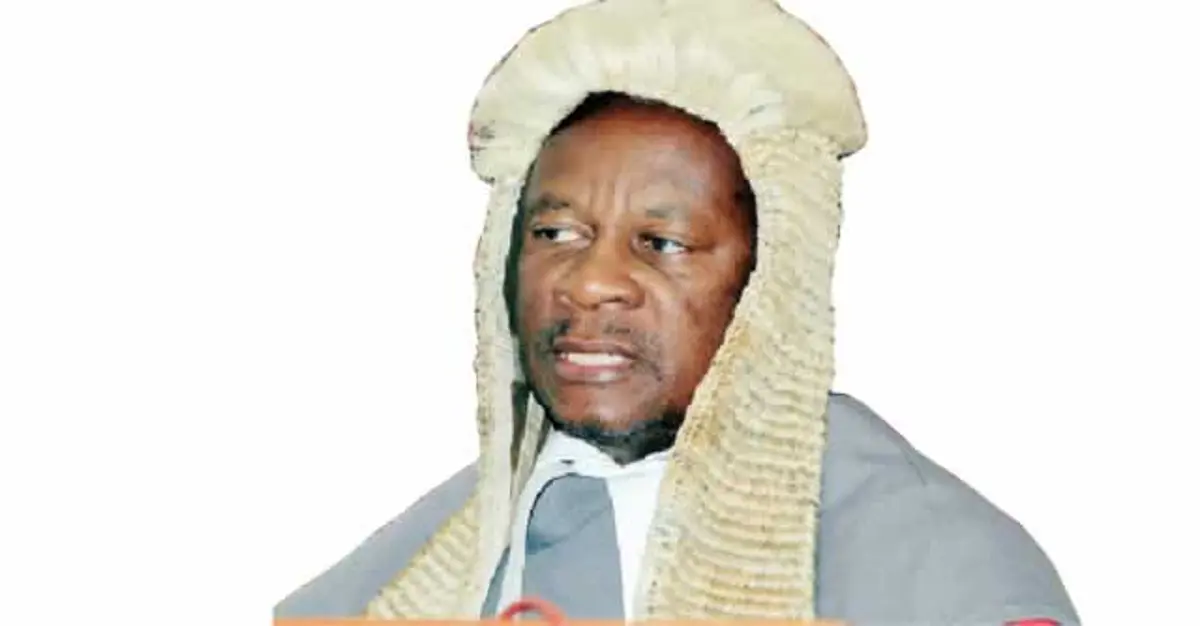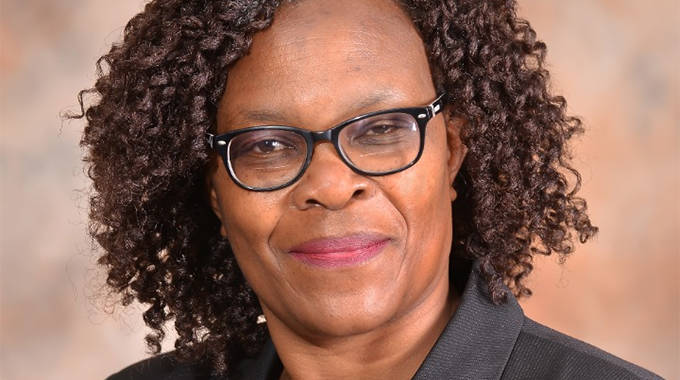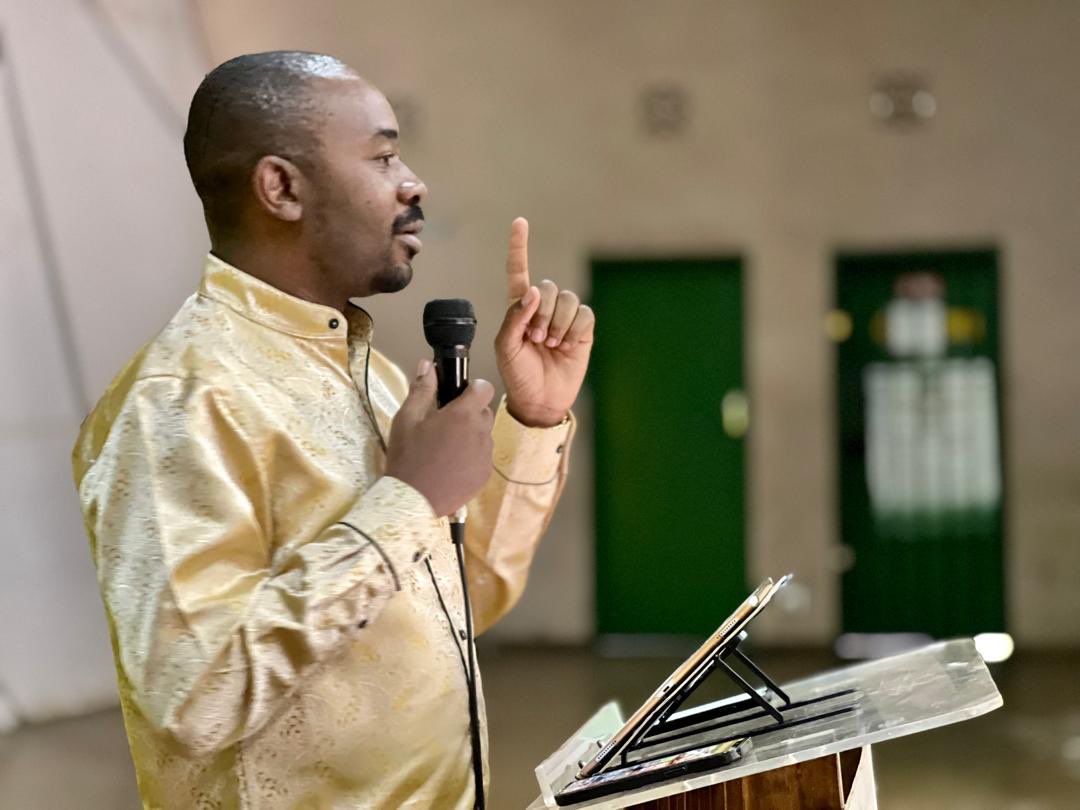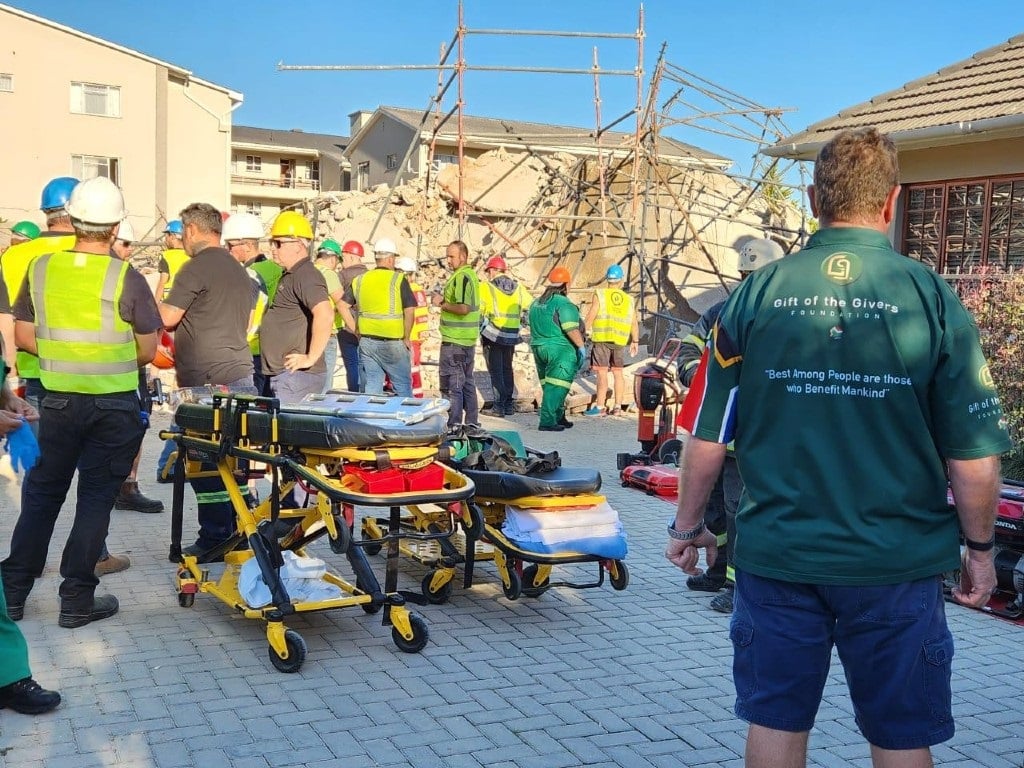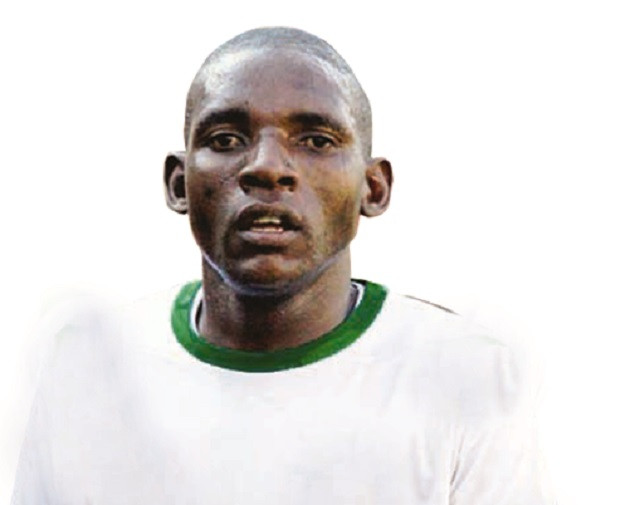HARARE – Suspended Bulawayo High Court Judge Martin Makonese has dropped his resignation letter just hours after President Emmerson Mnangagwa installed a tribunal to look into his suitability to continue holding the esteemed office.
Makonese faces misconduct allegations after he boldly delivered a ruling in a coal mining dispute which was not before the courts with reports surfacing he had financial interests under one of the parties involved.
Mnangagwa on Tuesday swore in a three-member tribunal headed by retired judge Simbi Mubako to probe the judge’s misconduct and make recommendations on his suitability to remain in the bench.
However, through his lawyers, the under-fire jurist took the decision to tender his resignation.
Justice, Legal and Parliamentary Affairs Permanent Secretary Virginia Mabhiza confirmed Makonese had quit the bench.
She said despite the judge’s resignation, there were still some requisite formal processes to be dispensed with through the Judicial Service Commission before the tribunal could be stood down.
Mabhiza added that any further legal action concerning Justice Makonese would have to be done through other processes.
Under Mnangagwa, no judge has kept his job after a tribunal has been set to probe allegations of misconduct against them.
Makonese is the fifth judge to get his marching orders since Mnangagwa took up office in 2017 amid suspicions the once justice minister was on a mission to rid the bench of individuals he did not like.
The others are Justices Francis Bere, Erica Ndewere, Thompson James Mabhikwa and Edith Mushore, who were sacked over reasons which include gross misconduct and incompetence.
Under Zimbabwe’s constitution, court judges are appointed after a public interviews presided over by the Judicial Service Commission.
The President’s role comes at a later stage after names of selected judges are put before him.
Mabhiza, a long time Mnangagwa aide, saw everything wrong with the sacked judges and the system that has elevated them to the esteemed job.
“The new system of interviews unfortunately seems to be bringing on board some people who are not of good integrity. I am not saying they are not of good integrity but one can make that conclusion as you can see the frequency judges are coming for tribunals,” Mabhiza said.
“Precisely it is an issue which may be taken to the people since our Constitution is people driven and we may also want to hear views from the justice sector as to whether we should revert to the old process.”

